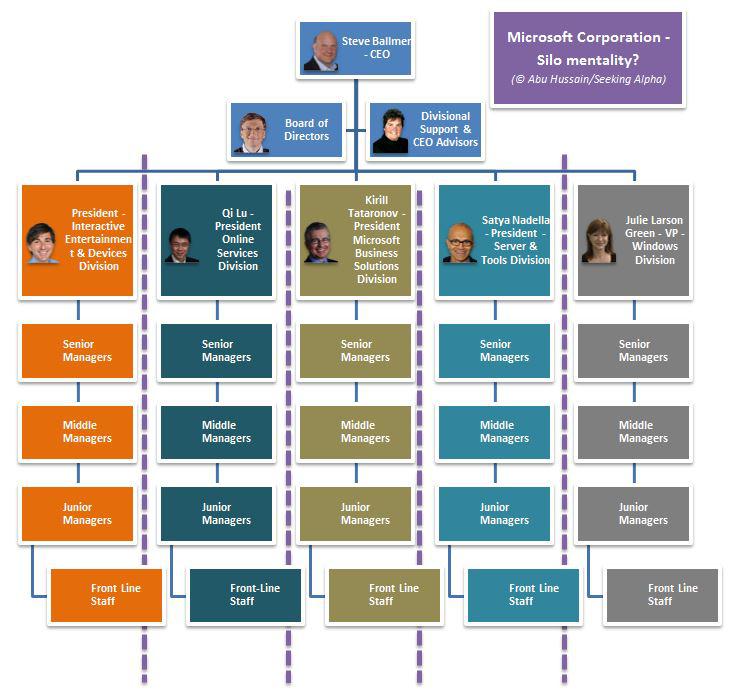Spring break in Seattle
A little preamble
Last year was a doozy for me—there was a string of bad events that left me literally grounding myself.
In November 2022 I went to Mt. Hood for some early season skiing and Portland to see friends before doing a “software engineering immersive”—a way of saying coding bootcamp without saying coding bootcamp. My car was stolen and trashed.
In April 2023, right after finishing said bootcamp, I left for the Eastern Sierra to ski the epic snow and venture farther south to peep some superblooms. My radiator melted. Then I found out it was actually a blown head gasket that caused the radiator to go. I was stranded for 2 weeks and out thousands of dollars, cash.

In June 2023 I met with my cousin at Snoqualmie Pass to go backpacking and talk software engineering since he just received his Ph. D. in computer science. We got turned around because of high snow and returned to my car where there was shattered glass all around on the ground. My car was ransacked and my one and only computer that I was working on during the roadtrip was gone.
So that’s when I said I wasn’t leaving The County. And I didn’t for 9 months.
Problems
But being homebound kinda sucks, especially last year when the tech market got rocked. I was getting nowhere in terms of establishing my career and I knew it.
So I started networking and researching remotely as to how I could level up. Research shows Seattle is, like, a really good place for software engineers.
That was true 30 years ago when Jeff Bezos wanted Amazon to be Seattle-based because Microsoft was there and he could steal talent away pretty easily.
It’s even more true today.

No brainer
So I knew I needed to get out there and get after it. Time to unground myself!
I loaded up in my still struggling Jeep and sped off to a trail marathon in Hells Canyon, then went to go visit a hiking buddy in the Methow Valley where I did not ski at all. Then I set my sights on Seattle, the land of cherry blossoms, spring showers, and bikini baristas.
I filled my schedule with Zoom calls, meet ups, drop ins, hang outs, and tag alongs.

I went to the AWS Skills Center in South Lake Union and I visited the Microsoft Reactor in Redmond. I Zoomed with people far and wide to talk about the job market, my resume, how Rust is being used in aerospace. I got coffee with content creators and ran around Green Lake with a bootcamp buddy to catch up and eat Caribbean food.
Here’s what I learned.
Where to work is still being figured out
It seems like the proper mix of remote/hybrid/on-site work is still being sought after.
I asked many people if they were more productive in the office, and it was almost 100% yes. Yet people also tend to heavily favor working remote.

Microsoft has a history of being on-site, though they have a hybrid policy in place, and even within that it depends on your team. Some teams have different splits and the in/out of office ratio seems negotiable.
Amazon made a big stink about getting everyone back in the office—hilariously they can’t track or enforce it yet. An engineer I talked with at AWS said he refuses to go back to the office. How he gets around it is he just swipes his badge at the office once a day. Sure, Amazon can track your package every step of the way, but they have no idea if their SDE II was in for 1 minute or 10 hours. Astounding.
Culture matters
Whether you’re at a startup or at Big Tech matters.
Startups will have tons of hands on experiences—you’re in the trenches and can talk with the CEO, CFO, CTO on the daily. Customers are close and feedback loops are pretty small. Things move fast.
Big Tech is a bit different. You can be siloed much more easily. Your boss has a boss has a boss has a boss has a boss. Want something small done? It’ll probably take a week. There are vertical and horizontal structures. There’s a past. Everything has to stay running all the time.

The market is that competitive
Hindsight is 20/20, and I probably should have been a computer science major before it was cool. Instead I struggled through my economics degree with depression and had an unsettled decade after college. In the past 15 years everyone has been studying compsci at school or gone to a bootcamp on the side.
The tech world is always shuffling talent around, but last year was like playing 52 card pickup.

People who were laid off are now in grad school and will come out with work experience and another degree. Kids have grown up working with Raspberry Pis, running robots, and building drones if not rockets.
Aside from a bunch of new talent coming in from growing up with tech and old talent recently released to correct for overhiring during the pandemic, other huge events synched up to make getting a job in tech harder, especially for juniors:
- Higher interest rates suck for tech in general
- Mobile and cloud have been built out and are becoming saturated
- AI is gaining ground
If you’re not a senior, you’re likely not getting hired.
Soft skills are gold
Most engineers still have a hard time interacting with one another or expressing their thoughts coherently.

This stereotype stood out to me, perhaps because I might not be your typical SWE and am coming into the field a little late.
Historically my workdays were spent chatting in the field while harvesting veggies or riffing on the line in the kitchen. I haven’t had the opportunity to work with a bunch of hardened engineers on a daily basis.
There are still big ideas out there
And not all of them are being worked on.

It took 8 years for the idea of a custom JavaScript runtime on AWS Lambda to take hold and 2 more years to get it to beta. That is insane. It should have been a thought from day one and in production a year later.
TypeScript is a patched together bloated behemoth and there’d be tons of benefits from a rewrite. But the one guy who was doing that stopped working on it.
Rust’s compiler will include a bunch of unused code from your crates. It doesn’t have to—it’s just that no one has made a version of the compiler that trims dead code to reduce binary sizes.
It’s ok to not know everything
In my fruitful chat with the kind and prolific Nick Cosentino of Dev Leader, he explained that the project he’s currently managing is involved in routing and proxying for Microsoft 365 and they’re doing it in Rust.
He doesn’t know Rust. The 10 other engineers on the team don’t know Rust.
Heck, there’s an engineer on the team without fluency in C# or C++.
All that is to say that there are fundamentals that are more important than rote knowledge of syntax and that learning on the job is totally normal if not fully expected.
Other observations
- The Indian food in and around Bel-Red is pretty great
- The center of Microsoft’s East Campus is a cricket pitch with artificial turf and huge stadium lights
- Most big highway projects should have been done 20 years ago: 405 widening, 520/5 interchange, 18/90 interchange and widening
- I’m certain there are some fascinating differences and spillover effects as a result of Amazon’s downtown location and Microsoft’s suburban headquarters
- Space tech is moving fast, and a bunch of activity is happening in Redmond
- The bars in Redmond were poppin at 9 pm on a Thursday night
- Seattle’s general social woes are still omnipresent but seem to have bottomed out